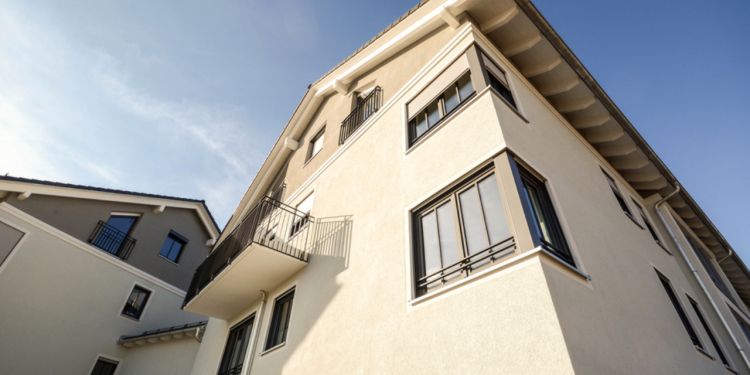
While the price of real estate has skyrocketed in Paris (almost €15,000 per square meter), the market remains one of the most attractive in the world. After all, it is Paris and an investment here means you will never run out of options for renting or reselling your property. Of course, this also means that competition is fierce and the market is rapidly evolving. Here are some key points to keep in mind if you want to become a homeowner in Paris.
Where to buy?
Real estate prices in Paris vary from one neighborhood to the other. Each arrondissement, from the upscale 16th and 17th to more affordable northern arrondissements such as the 11th, 18th, 19th and 20th, has its own characteristics and unique property profile. Explore the city with your budget in mind and soak up the different neighborhoods. Paris is not a huge capital, so you can quickly get an idea of which neighborhoods speak to you the most. Remember that within the ring road (the circular road that goes around Paris), prices will naturally be higher.
Know your needs
Paris real estate can be very charming, but it can also present some problems: many studios are on the top floor of a 6 or 7 storey building, with no elevators (and lots of stairs). This should not be a problem for a young tenant, but are you planning to stay there long term? What about retirees? How will you feel about those stairs after a few years? Will you need access to public transportation to get around efficiently? The Parisian dream of a rooftop pied-à-terre is admirable, but make sure you consider the practicalities and respect them: you'll be thrilled in the long run!
What about the Paris suburbs?
With a well-developed public transportation network, living beyond the city center (i.e., beyond the ring road) is only an economical but viable option if you work in central Paris. Consider expanding your search to nearby suburbs such as Courbevoie, Saint-Germain-en-Laye, Montreuil, Issy-les-Moulineaux, Clichy or Sèvres.
How to find a flat to buy in Paris?
A great way to keep up to date with properties for sale in Paris is to stop by a real estate agency in the neighborhood of your choice. Once you've found a place you're interested in, identify the real estate agencies and set your criteria. You can also consult popular sites such as seloger.com or pap.fr. Keep in mind that about 50% of the properties in Paris are sold personally, so you will need to search or seek the help of a property hunter.
Can I negotiate real estate prices in Paris?
Property prices in Paris are considered fair and reasonable, so while it is possible to negotiate, do not expect to be able to make a much lower offer. Negotiations don't go on forever in Paris, and good properties at reasonable prices can disappear from the market really quickly. Be realistic with your negotiations and follow the advice of your real estate agent.
Procedures for buying real estate in Paris
Once you have found a property you like, you and your real estate agent will need to define a purchase offer and a formal offer. Ideally your notary (see below) or your lawyer should be present for this transaction. Then, the compromis de vente, a mutual agreement between the buyer (you) and the seller. The promesse de vente (promise to sell) comes next, in which the seller agrees to sell to the buyer exclusively, at the agreed price, within an agreed time frame. A 10% deposit is normally made to the notary at this stage. As the buyer, you have 10 days to withdraw from the agreement without charge, after which you will lose your deposit. From this point on, the notary will collect and assemble all important documents associated with the sale. Once everything is in order, the deed of sale follows: this is the finalization of the sale.
What is a notary?
A notary is an official who oversees the sale process, and is present when the deed of sale is signed. They are also responsible for confirming the details of the sale (the identity of the parties involved) and ensuring the legal validity of the sale in all its aspects. A notary can even represent the buyer and seller, but it is always recommended to have your own notary who has only your interests in mind.
Additional fees
Your notary will process your deposit or final payments: these are never paid directly to the seller. Agency fees are usually around 5-10% of the value of the property, while notary fees are between 7.5% and 8.5%.
We do our best to provide accurate and up to date information. However, if you have noticed any inaccuracies in this article, please let us know in the comments section below.












Comments